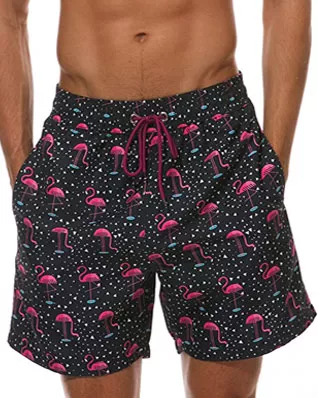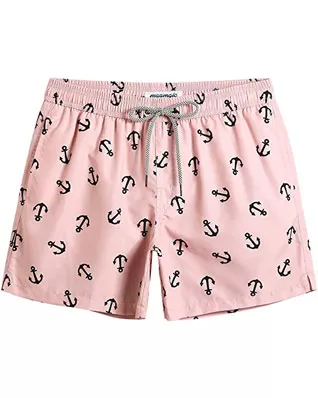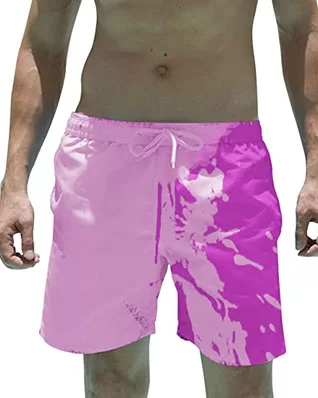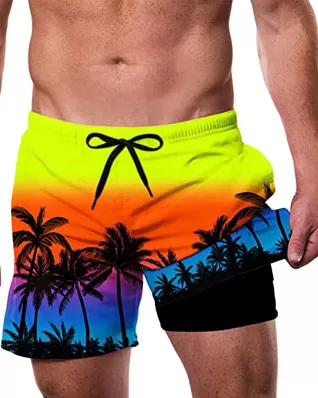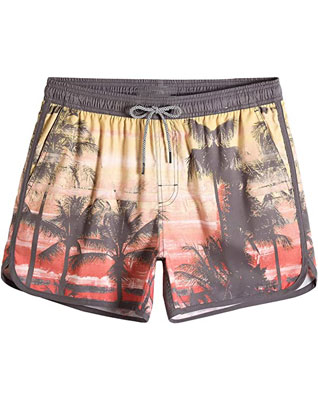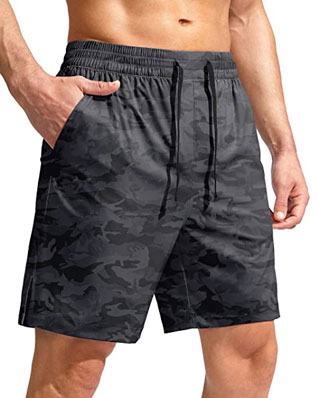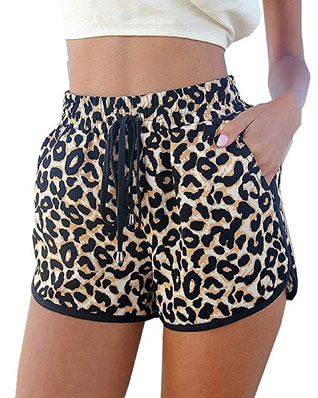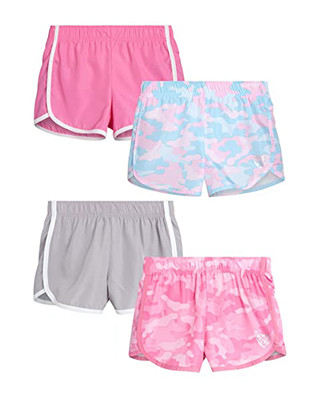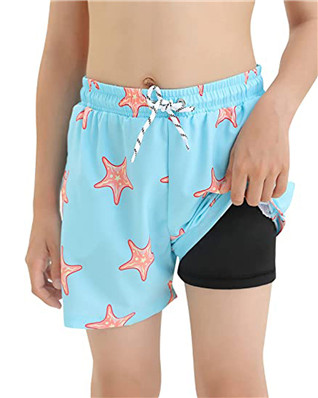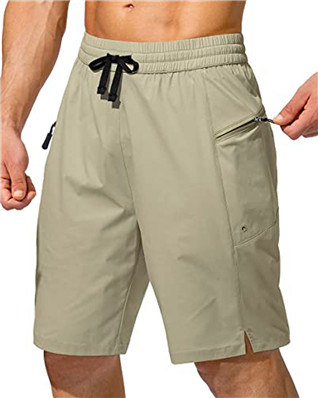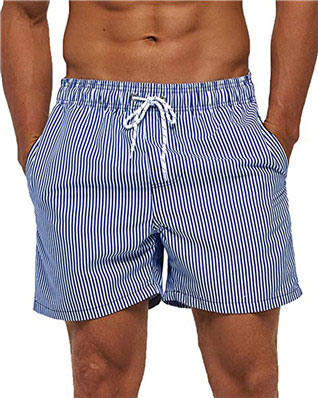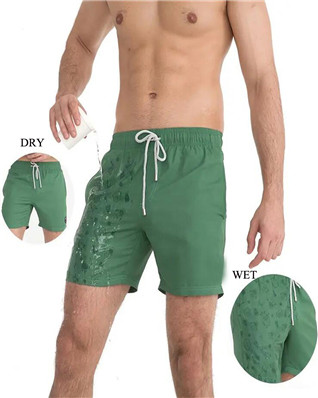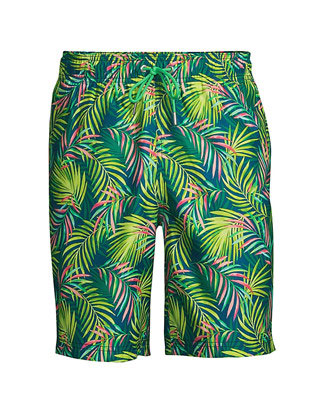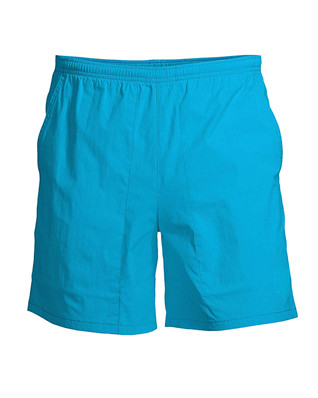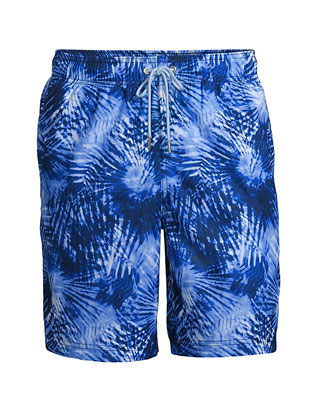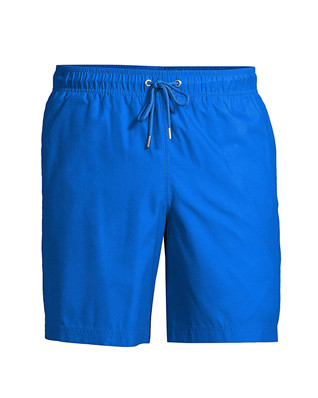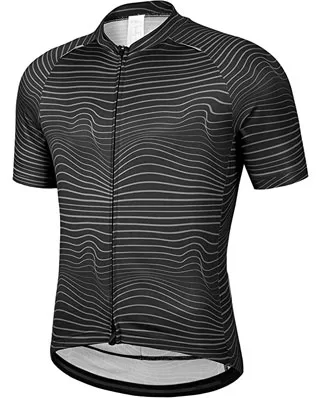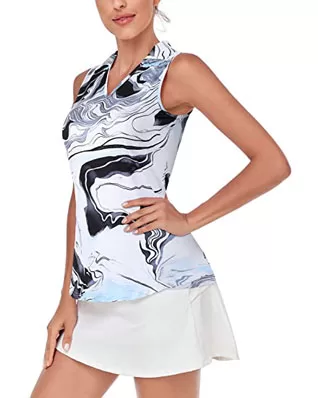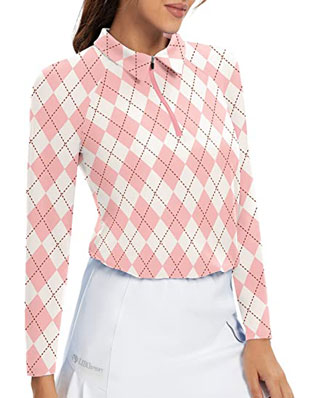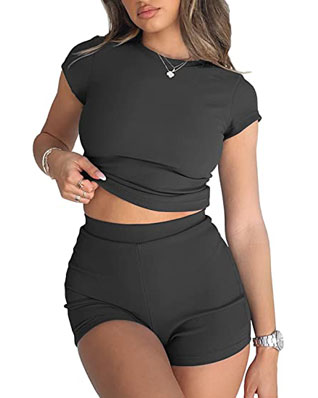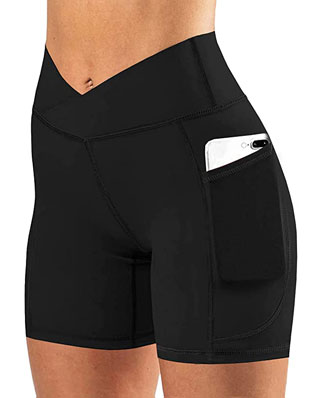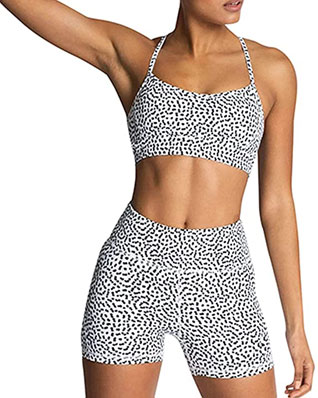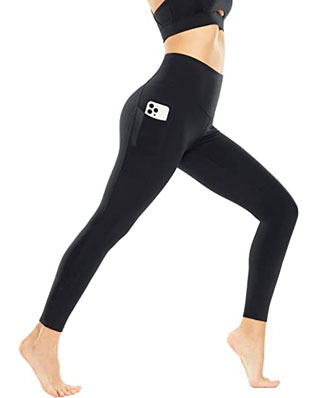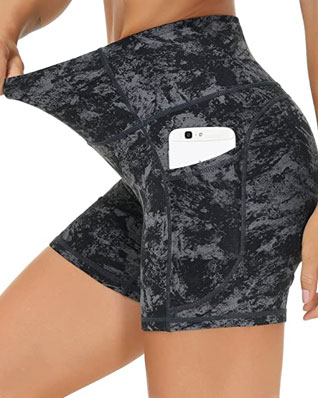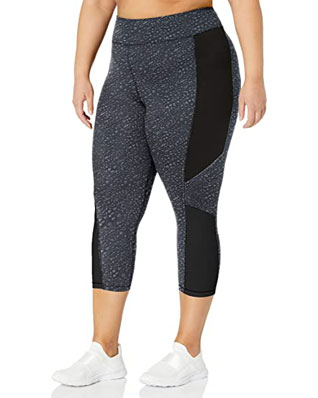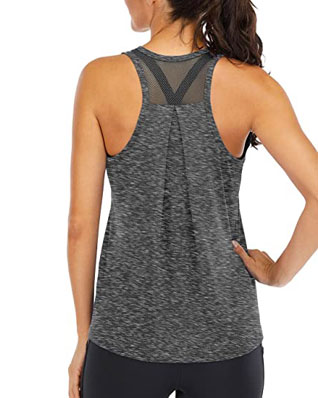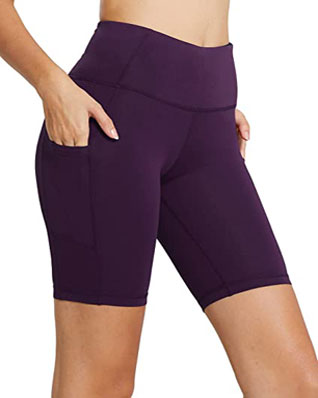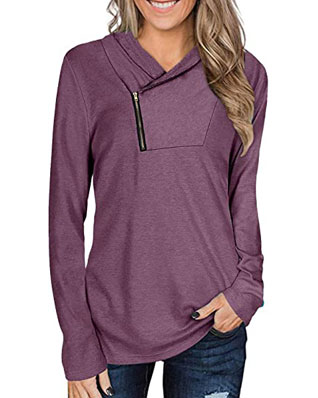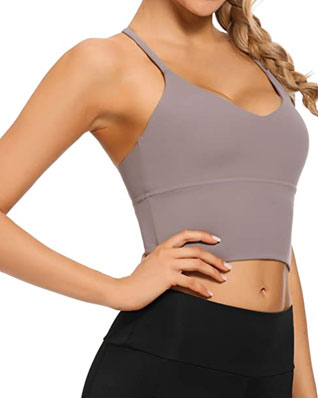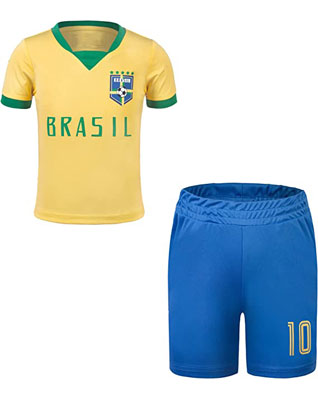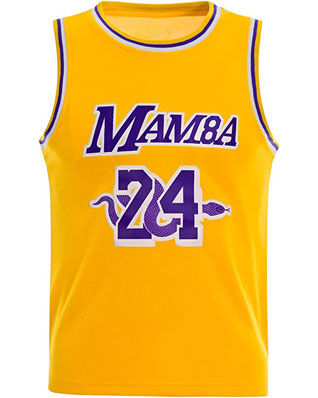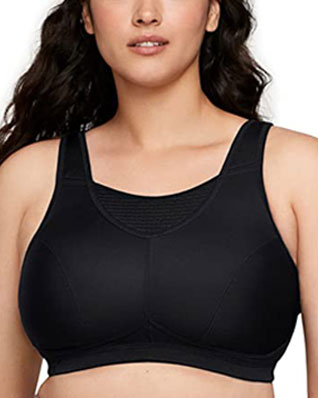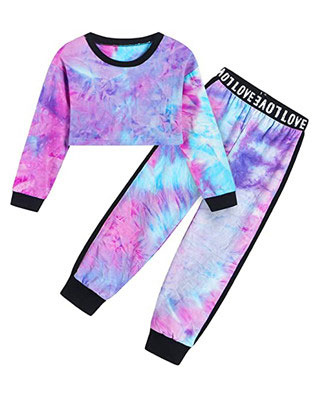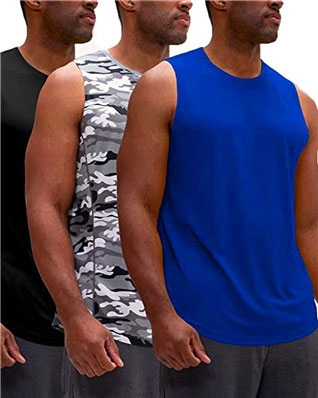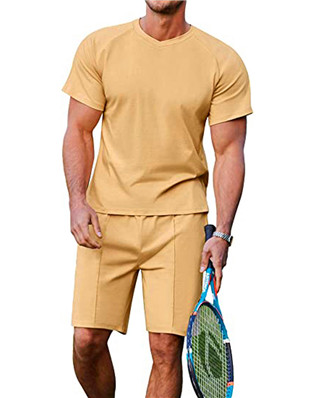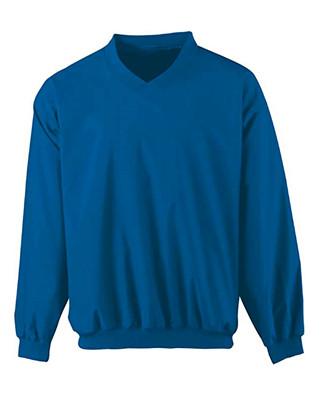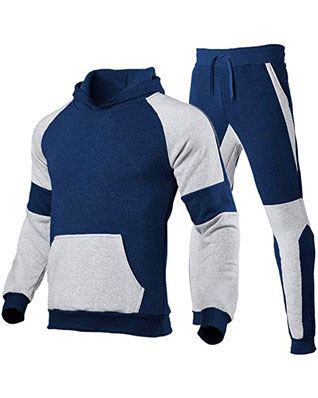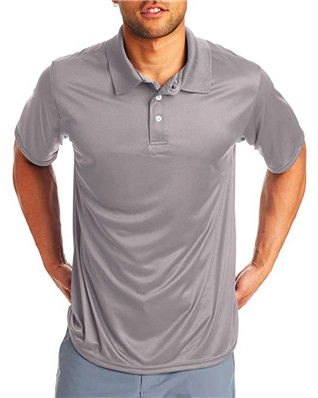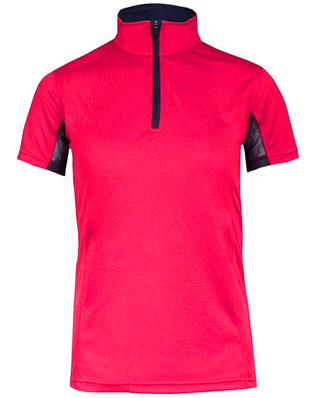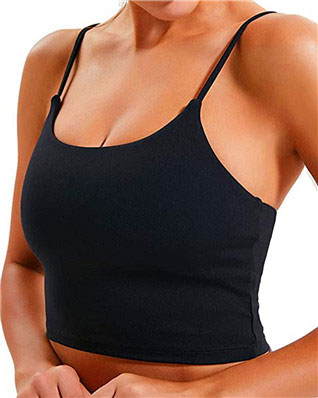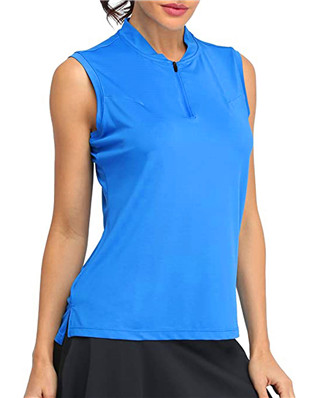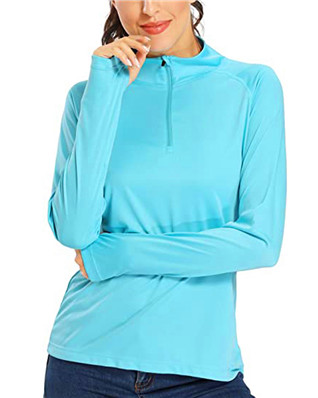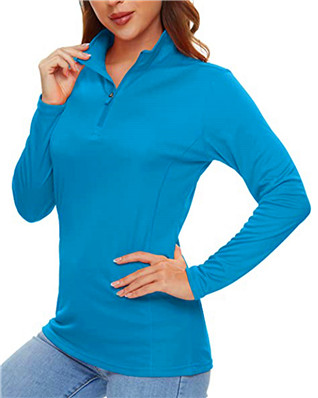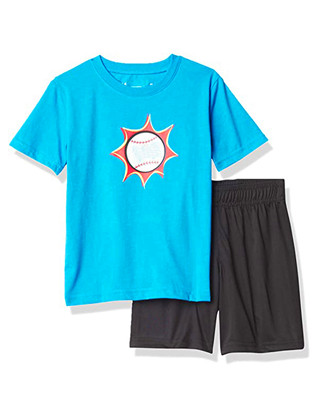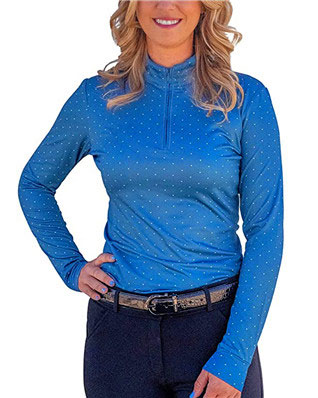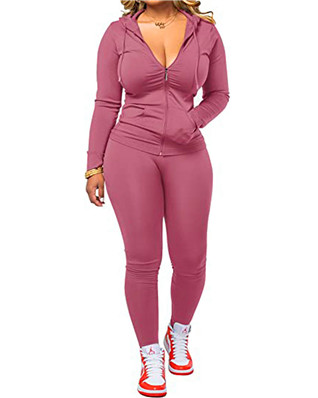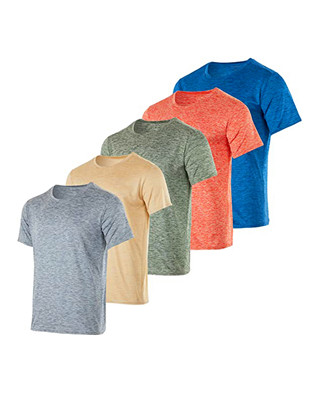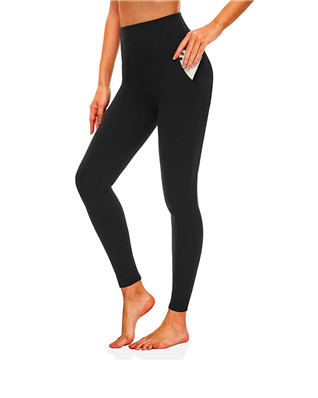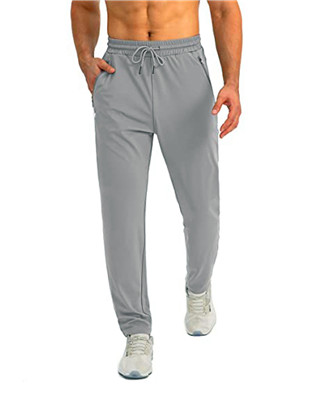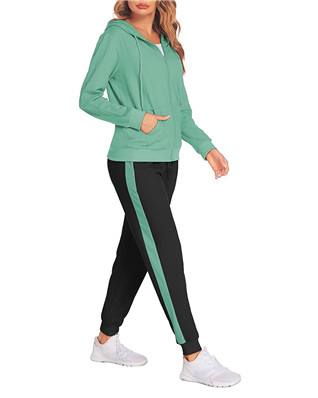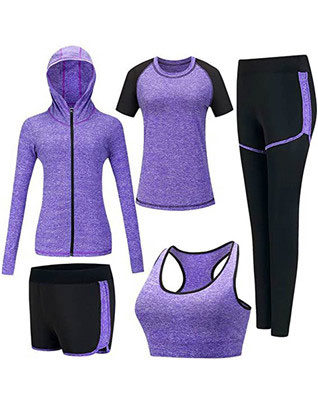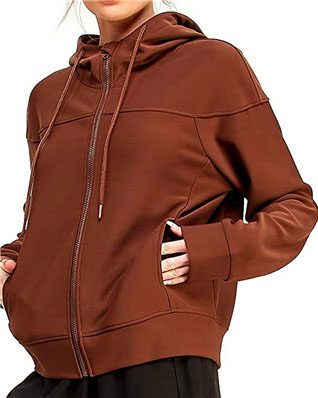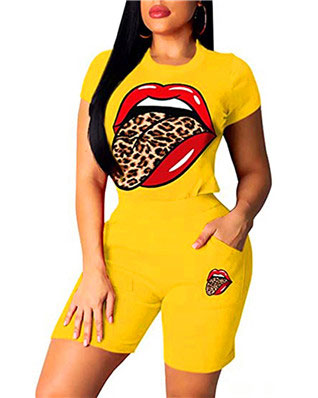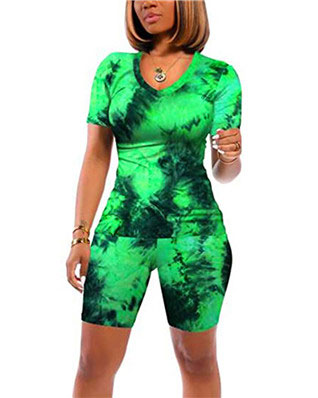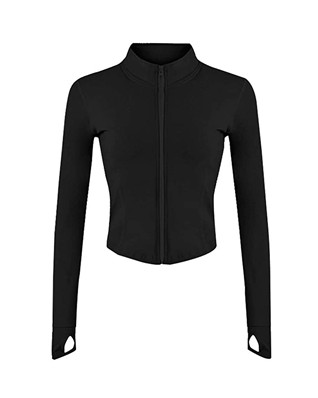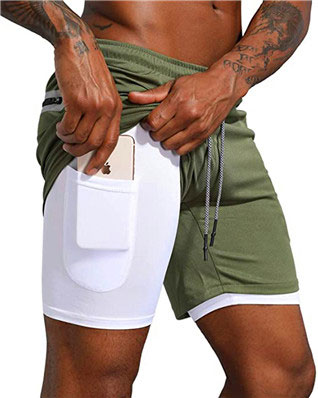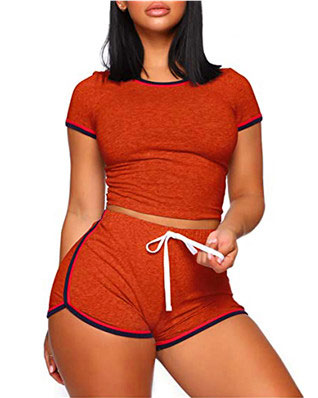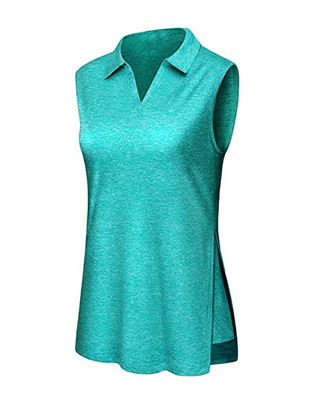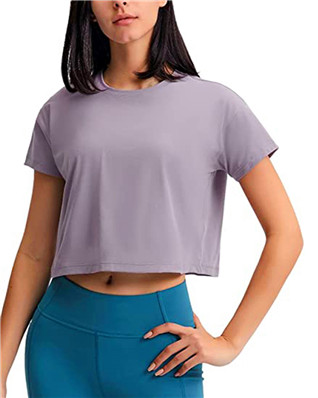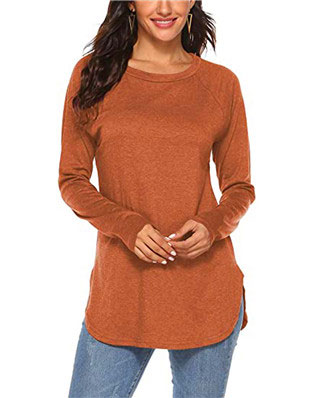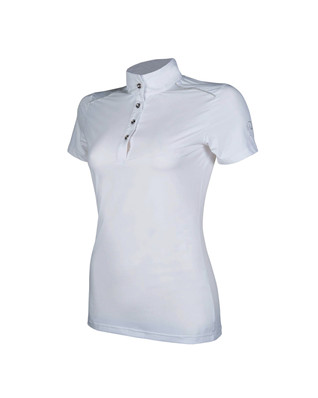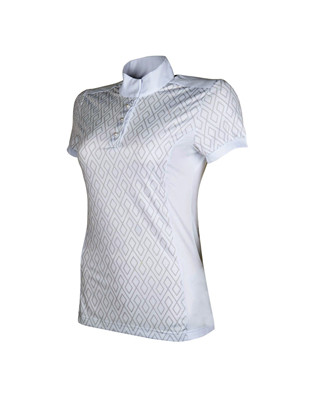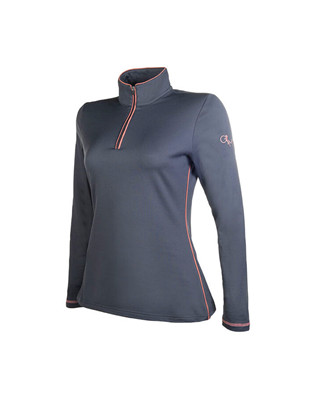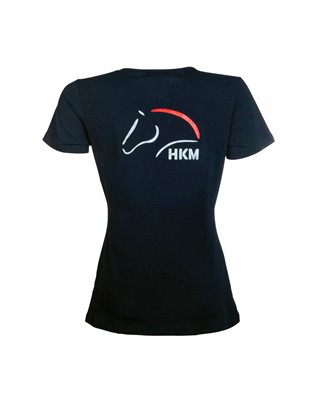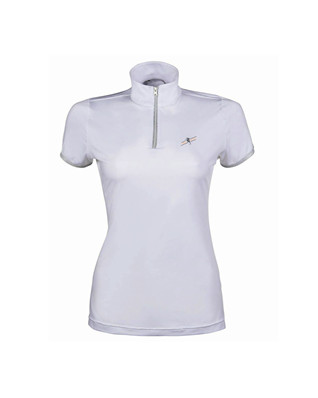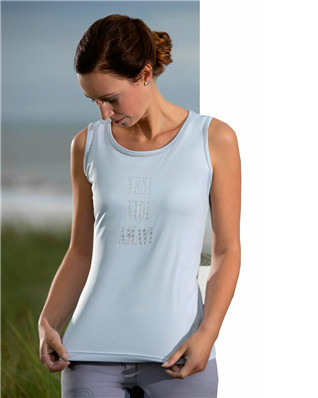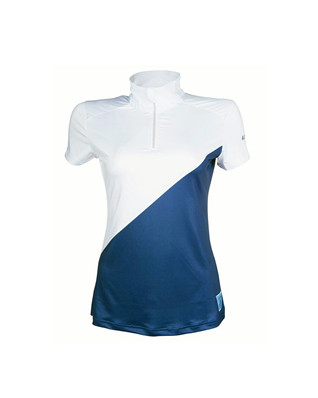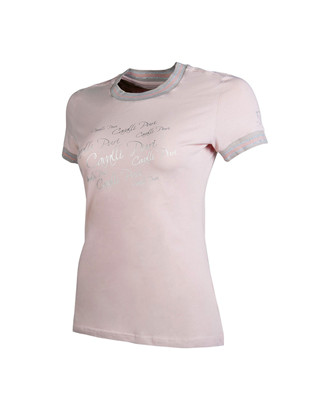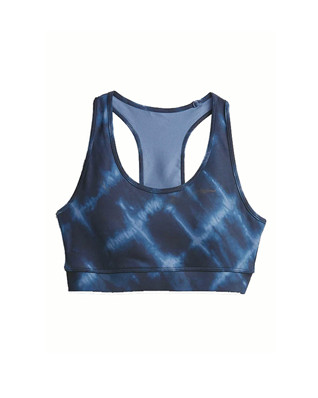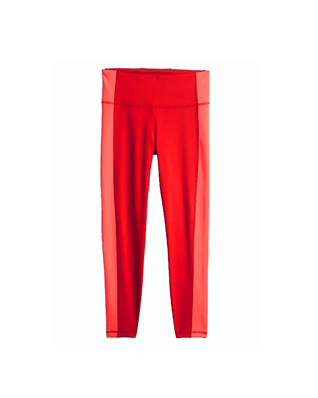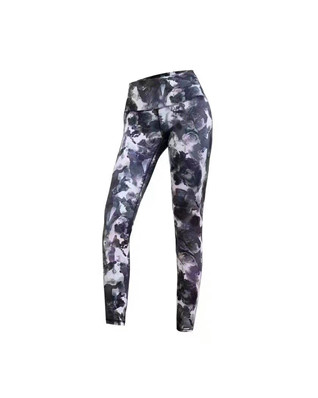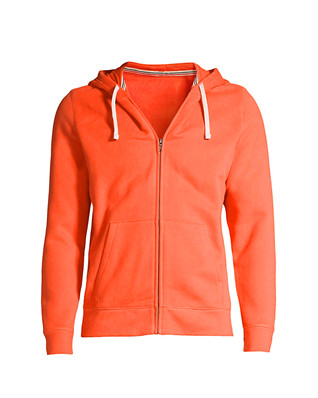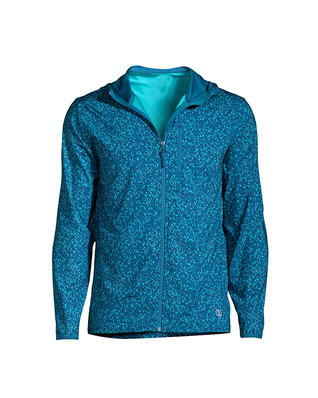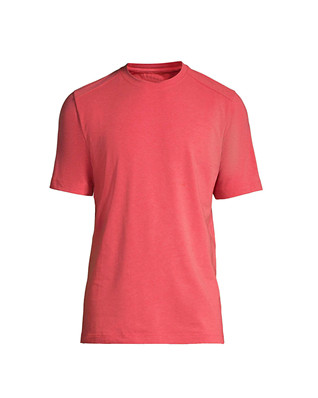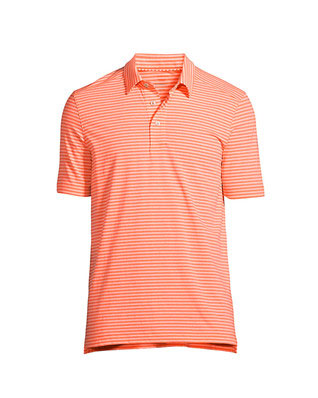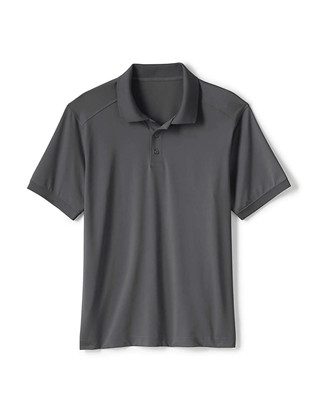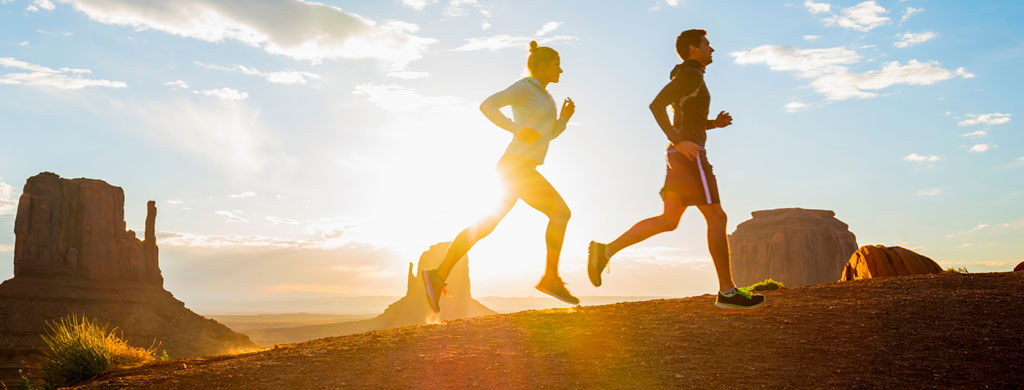
Runners will tell you that even with long or complex runs, there’s nothing quite like the high you experience once you finish logging your miles. Trail running adds another layer to that invigorating feeling by taking you off the pavement, out of the gym and into nature.
Not only does the sport come with scenic views, but trail running also gives you a chance to explore new areas and offers some surprising health benefits as well. If you’ve considered this type of outdoor running but aren’t sure where to start, keep reading.
Benefits of Trail Running
Ke holo nei, jogging and even walking can all boost your physical and mental health. According to Harvard Health Publishing, these forms of exercise can improve heart health, promote a healthy weight and boost your mood.(1) Trail running comes with the same perks, but the unique terrain offers the following extra benefits:
It’s Easier on Your Joints
Sidewalks, roads and even treadmills are harder surfaces than what you’d find on an earthy running path. Running on a softer surface means less impact on your joints and knees—which can make a difference in both the short and long term.
It’s Good for Your Muscles
Outdoor trails are inherently inconsistent. Not only can incline differ from stride to stride, but the surface itself tends to be rough and varied. As such, trail runners engage muscle groups not typically used with traditional road running(2), including muscles in your core, legs, feet and even arms.
It Promotes Better Balance
The uneven terrain found on outdoor trails may also help improve your balance in your daily life. Actively using your core and balancing on an uneven surface while trail running directly translates into your everyday activities.
It Improves Endurance
Running is an incredible way to build stamina. The more you run, the more improvement you’ll see in terms of your pace, distance and breathing. Trail running can be particularly difficult because of the varying surfaces, twists, turns and inclines—all of which improve your endurance. Just make sure you take your time out there and don’t overdo it.
It Offers Mental Health Benefits
Since the early 2000s, the University of Essex has studied what they call “green exercise.” Their research has found that outdoor activity can contribute to our overall mental and physical well-being.(3) So no matter what you’re doing outside, spending time in nature is good for your mental health.
Three different trail-running sneakers.
How to Find the Right Trail-Running Shoes
In the same way you wouldn’t wear boots to the beach or flip-flops to the gym, it’s important to wear the correct trail-running shoes when hitting those outdoor paths. This category of running shoes is different from weight-training shoes, tennis shoes and even road-running shoes. Trail-running shoes provide better grip, have improved shock absorption and protect your feet from the elements.
Depending on the types of trails you run and your preferred level of shock absorption, you’ll want to consider what type of cushioning you need. Cushioning refers to a shoe’s ability to absorb the impact of every stride you take.
Barefoot: provides a barefoot feel while still lending some protection
Minimal: offers midsole padding that’s more cushioned than barefoot options
Moderate: ideal for traditional trail runners who run on smooth to moderately rough terrain
Maximum: heavier cushioning best for off-trail running
Trail-running shoes come in different styles and layers of cushioning for the three different types of terrain, as outlined below.
Well-Maintained Dirt & Gravel Trails
Light trail-running shoes are best for outdoor trails and gravel pathways that are relatively smooth and well maintained. They provide good protection from things like small rocks, roots and debris but are still pretty lightweight.
Rocky Hiking Trails & Overgrowth Paths
For slightly rougher terrain, you’ll want to put on a pair of rugged trail shoes. Complete with toe guards and a sturdier build, these are best for everything from rocky hiking trails to overgrown paths. Though a bit weightier than light trail shoes, you can still wear rugged styles in well-maintained areas. If you plan to run on both types of trails, get rugged trail-running shoes.
Off-Trail
Calling all trailblazers! Off-trail running shoes are designed for the most rugged of terrains, including very inconsistent and craggy paths. They’re typically made with more resilient materials and are often waterproof. Off-trail running shoes also tend to have some added features that improve mobility, support and traction.
Ultimately, the best trail-running shoes for you are the ones that fit well and get you excited to hit the dirt.
A man and woman running on a trail.
Additional Trail-Running Gear
Along with comfortable trail-running shoes that meet your needs, you’ll want the following items for your outdoor adventures.
Clothing
It’s important to choose activewear made of lightweight, breathable, sweat-wicking materials when doing any sort of aerobic exercise, including trail running. In addition, you’ll want to select socks that breathe and have the right thickness for your shoes.
Hat
A baseball cap keeps the sun out of your face while you run, which reduces your UV exposure and can help you see better.
Water-Carrying Options
Water carriers can also double as a way to tote your essentials, including keys and a cell phone. Pick one of the following that works best for your running needs.
Pack: a lightweight variation of a backpack, a hydration pack is clipped in the front, so it stays in place while you run.
Vest: a hydration vest typically comes with pockets so you can carry all your essentials.
Belt: similar to a fanny pack, a water belt tends to fit more snuggly, so it doesn’t bounce around while you run.
Handheld: many water bottles are designed with hand grips so you can hold them easily while you run, and some even come with additional pockets for your keys and phone.
How to Start Trail Running: A Step-by-Step Guide
Ready to hit the path? Here’s what you need to do:
- Have the Right Gear
From trail-running shoes to comfy socks to water bottles, make sure you have everything you need for a comfortable and safe run. Our guide above has you covered. - Find a Nearby Trail
Not every trail allows runners, so do some research beforehand. It’s also important to study the trail itself so you know what to expect in terms of difficulty and length. (This can also help prevent you from getting lost.) Local parks and running clubs are a good place to start your research. - Take Safety Precautions
Be prepared for the environment, let friends know where you’re going and run with someone else if possible. Though it might be difficult to carry, bring your phone with you so you have a way to contact help in case of injury. Finally, always have more than enough water. Again, it might feel cumbersome to carry, but water will improve your run and ensure you don’t get dehydrated. - Start Slow & Build Endurance
There’s no need to push yourself too hard right out of the gate. Like with any sport, take things slow and get a feel for how your body responds to trail running. Start with easier paths and walk when you need to. Over time, you’ll build your endurance.
Whether you’re into fast-paced trail races or leisurely scenic strolls, trail running is a sport that’s good for your heart, body and mind. Equip yourself with the necessities and enjoy every journey.

